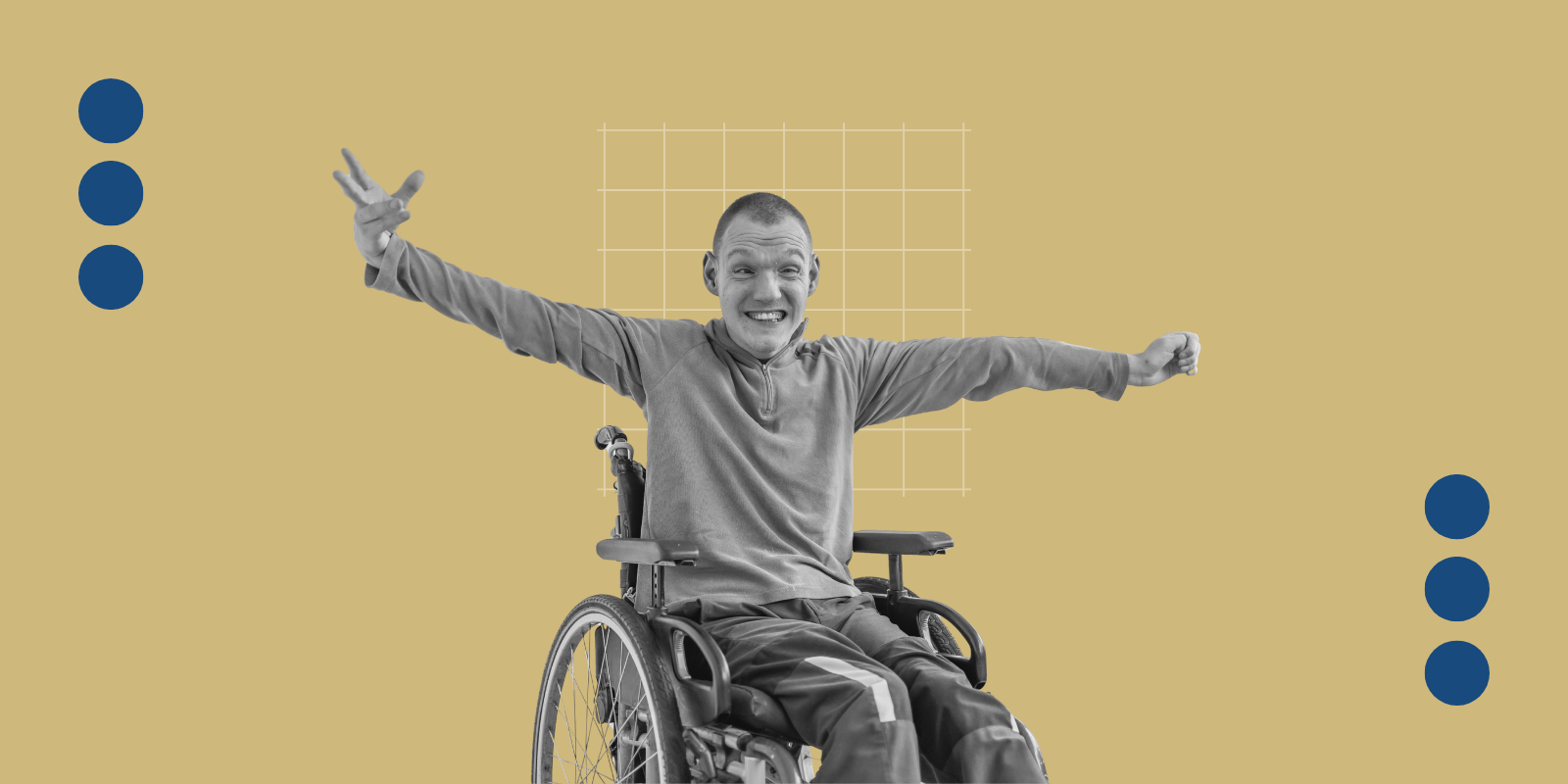Bethany Kwan, PhD, MSPH, associate professor in the Department of Emergency Medicine and an ACCORDS investigator, and Matthew DeCamp, MD, associate professor in the Division of General Internal Medicine and the Center for Bioethics and Humanities, received a $2.1 million funding award from the Patient-Centered Outcomes Research Institute (PCORI).
Their new research study, ‘Characterizing Engagement and Equity in Research’ (CHEER), aims to find the best engagement methods for diverse research topics and communities.
“We've long known that engaging patients, families, and communities in research is the right thing to do,” DeCamp says. “Surprisingly, we don't know the best way to do it. Our research project seeks to answer that question by testing different methods of engaging communities and assessing what works best and when.”
History of community engagement
The CHEER project has evolved from research that began in 2015, while Kwan and Matthew Wynia, MD, MPH/MSPH, professor in the Division of General Internal Medicine and director of the Center for Bioethics and Humanities, were working on Data Science to Patient Value (D2V), a transformational research funding initiative.
As part of D2V, Kwan and Wynia led the Dissemination and Academic-Industry Collaboration Core and Stakeholder Engagement and Governance Core, respectively.
“We realized that these cores are part of the same approach and that you can't do one without the other. Eventually, our cores joined to form the Dissemination, Implementation, Communication, Ethics and Engagement (DICE) core, and we began working with pilot grantees to provide education and training,” says Kwan, who is now director of the Dissemination and Implementation Research Core at the Colorado Clinical and Translational Sciences Institute (CCTSI).
Through their collaboration they saw a need to develop a resource that could help investigators on campus identify engagement methods they could potentially use in their research. This led to the creation of DICEmethods.org, a guide for health researchers using dissemination, implementation, communication, and engagement.
When DeCamp joined the project five years ago, the group knew that a future goal was to study the science of engagement to help build the evidence base for these methods. Through an opportunity to contribute to a center grant with the National Cancer Institute (NCI)’s Participant Engagement and Cancer Genome Sequencing Network, the investigators had the preliminary data needed to apply for the PCORI Advancing the Science of Engagement funding opportunity.
Sarah Brewer, PhD, MPA, assistant professor in the Department of Family Medicine and ACCORDS Education Program Director, joined Kwan, DeCamp, and Wynia to help spearhead the PCORI application.
“It's a story of success from D2V, success from the NCI grant to collect pilot data using new measures of engagement, and persistence in waiting for the right grant opportunity,” DeCamp says.
Engaging diverse communities
In the project, six “CHEER teams” will bring together various underrepresented communities from refugee and immigrant communities, older adults, medically underserved populations, transgender communities, and racial and ethnic groups. The groups will participate in discussions on health topics including diabetes, mental health, dementia, caregiving, primary care, and disability services. Discussions will also focus on a series of equity topics including health literacy, cultural and language adaptations, and digital equity.
“We consider engagement to be an ethical imperative,” Kwan says. “In research, it is something that must be done. We're focused on the issues that these communities care about and making an impact by spending limited research resources, our brains, our dollars, on doing things that matter to people.”
The teams are working in parallel, coordinated by an overall Engagement Team, with a separate dedicated Science/Evaluation Team following along. Community representatives are co-equal partners of each team.
Through this engagement, researchers expect to identify which types of engagement methods work best, under what circumstances, and to understand the process by which different communities select methods. Then they will evaluate which methods do work best for planning patient-centered outcomes research for each of the six communities engaged.
“I am excited to serve as a member of the Science/Evaluation team and offer my expertise in patient advocacy, data science, digital health, and health equity. Some of my previous work supporting community researchers has highlighted the need to improve engagement methods and the CHEER project will help move the science of engagement forward,” says Dana Lewis, an independent researcher and community co-investigator for the CHEER study.
Addressing the issue through three aims
The three-year study will consist of three goals. First, experts will use a consensus process to describe and characterize each engagement method, such as advisory panels or design studios.
Next, researchers will engage six CHEER teams, compromised of members from underrepresented communities, to evaluate and rank the engagement methods.
Finally, each of the six CHEER teams will use three engagement methods to plan a research study centered on a priority topic important to their communities. The researchers will evaluate the experience of those who are involved in each of the different methods.
“The grant is structured to have CHEER teams doing real engagement. This is not hypothetical. This is real engagement on one side and an independent evaluation team that's doing surveys and observations on the other side. This is real world work, accompanied by real evaluation,” DeCamp says.
The research team will use a qualitative comparative analysis to paint the most complete picture possible for each one of these engagement methods, and each one of these six, diverse contexts.
“We are not only studying the science of engagement, but we also have community engagement on both sides. Our patient and community partner representatives are not just consultants, they are investigators. Through the PCORI funding mechanism, they are themselves considered co-investigators, which is rare. It allows us to meaningfully partner and have shared decision-making, and shared power with community in the conduct of this research,” Kwan says.
Photo at top, from left: Sarah Brewer, PhD, MPA, Matthew DeCamp, MD, Bethany Kwan, PhD, MSPH, and Matthew Wynia, MD, MPH.



